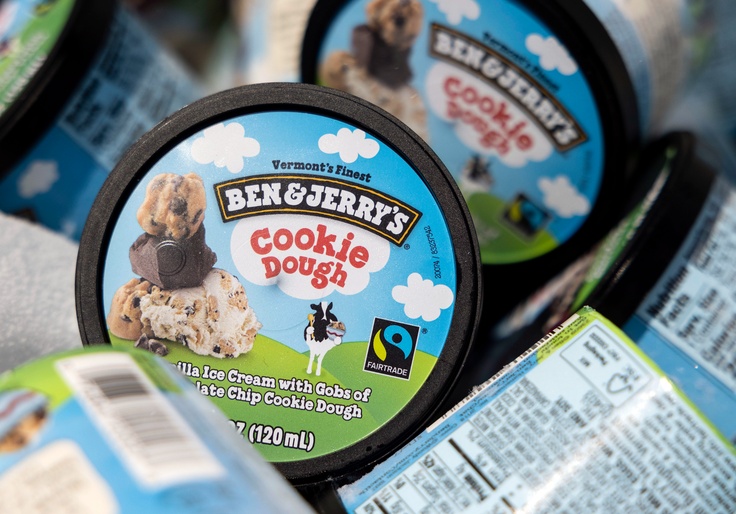Ben & Jerry's Independence Day call to return the "stolen" land on which America was founded has sparked a competition between two Indigenous tribes to lay claim the the ice cream giant’s headquarters.
"This is my territory," Chief Rick O’Bomsawin, who leads Quebec's Abenaki Bank Council of Odanak, told the New York Post about Ben & Jerry's land in Vermont.
"The territory that they’re speaking of is actually my people’s territory," O'Bomsawin said. "That territory is our homeland."
On July 4, Ben & Jerry’s tweeted that "it's high time we recognize that the US exists on stolen Indigenous land and commit to returning it."
The famously progressive and Israel-critical company explained on its website that traditional Independence Day celebrations can "distract from an essential truth about this nation’s birth: The US was founded on stolen Indigenous land."
Ben & Jerry’s called for the United States to begin restoring justice by ceding Mount Rushmore and surrounding National Park land in South Dakota to tribal communities.
But the Indigenous tribes turned their focus instead to the $1 billion company, whose Vermont headquarters sits on former Abenaki territory. Both tribes trace their lineage to the former inhabitants of the land, though the Canadian group does not recognize its Vermont counterpart.
Don Stevens, the chief of the Nulhegan Band of the Vermont-based Coosuk Abenaki Nation, told Newsweek that his tribe was "always interested in reclaiming the stewardship of our lands" but that Ben & Jerry's had yet to reach out.
Countered O'Bomsawin to the Post: "They can prove no link to the Abenaki nation. The Abenaki people left the state of Vermont and New Hampshire [some three centuries ago] and moved to Canada."
Ben & Jerry's has yet to publicly comment on the competing claims.
